They sat in front of me grimacing. We had been learning how to play band instruments for a few weeks and I just announced it was going to be time for a “check in,” as I call them. I probably could have called the “check in” a marshmallow, or a chocolate bar and they wouldn’t have heard it.
All my students heard was that they would have to “check in” with me in front of their peers. They were not happy.
Calming the crowd
It was like a riot was going to erupt in front of me. The protests started quietly, and then got louder to the point that I needed to explain. “When you play basketball, you dribble the ball in front of others. When you shoot the basketball, you do that in front of others. If the basketball doesn’t make it into the hoop or if the ball gets stolen, your community STILL cheers you on.” This is the same.
Blank faces…angry faces…some tears…I needed to try again.
“How many of you tried walking the first time and stood up and walked without ever falling down?” A few students starting nodding their heads because they understood where I was going with this and only a few bold students raised their hands in attempts to try convince me and others that they had been genius walkers.
I explained that the reality of this is: learning is a progression…some of us walked at 10 months, and some of us at 15 months. Today, generally, we ALL walk. I also explained that despite the time it took us to learn to walk, our parents cheered every time we stumbled and encouraged us to try again.
Band is like this; we are a team and we celebrate learning together.
Fewer angry faces, some nodding, but still…too many mortified frowns and pale faces.
All of a sudden, a line formed in front of me.
“I won’t play in front of others.”
“You can’t make me play in front of others.”
“I’m too scared to play in front of others.”
This was new…or maybe not so new. Maybe these students were just more articulate and courageous in expressing their fear.
A fresh look
Fast forward a few hours.
I was on the planning committee for the Sir Ken Robinson Learning Revolution event and one of our sponsors was going to be a company called FreshGrade. During our meeting, they arranged to tell us a little bit more about their product and its capabilities.
FreshGrade is a digital learning portfolio interface that works similarly to social media, but is a private, secure account linking student, parent and teacher. Students can post pictures of their art work, take videos of themselves reading aloud, comment on their work, ask their parent and teacher for feedback, etc.
Needless to say, that orientation to FreshGrade became my answer to trying to meet my students’ needs and settle their anxieties over playing in front of each other. It also challenged and made me think differently about assessment and the process of learning.
This has been a rich experience for me.
No more frowns and pale faces
While my husband isn’t as happy to listen to 70 versions of the B flat major concert scale while I’m sitting beside him watching hockey, it allows me the ability to not only watch students play for me (from the comfort of their own home as part of their practice routine), it allows me to look back at their progress over the previous months.
I used to have students play for me live, in front of others, while I frantically filled in a rubric. Having to test many students in a short amount of time only allowed me to highlight boxes where I thought their progress fit. FreshGrade gives me the opportunity to provide anecdotal feedback of celebrations and areas of growth.
A “check in” is no longer a number. Instead, I try to give specific feedback that helps students to improve their playing and increase their confidence.
I am excited by the potential of digital portfolios as a form of recording our students’ journey through their learning. This tool allows students to reflect on their journey, have parents be part of the journey, and is an awesome way to get teachers, like myself, to think differently about what and how we assess learning.
I am thankful that my own students’,“You can’t make me,” encouraged me to approach assessment more authentically.
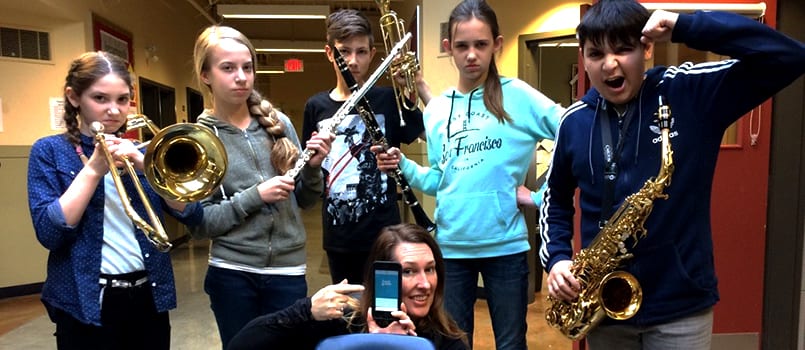
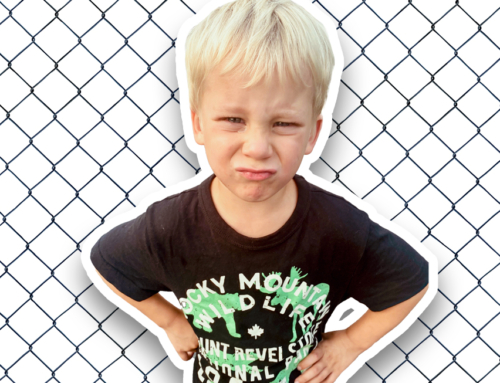
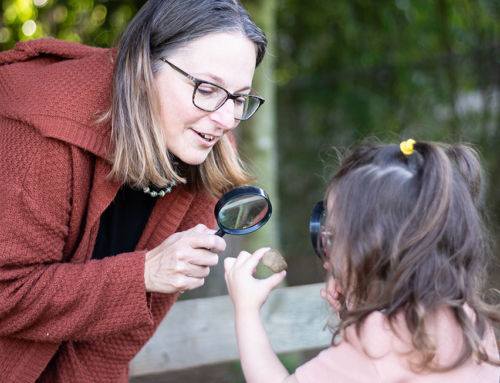
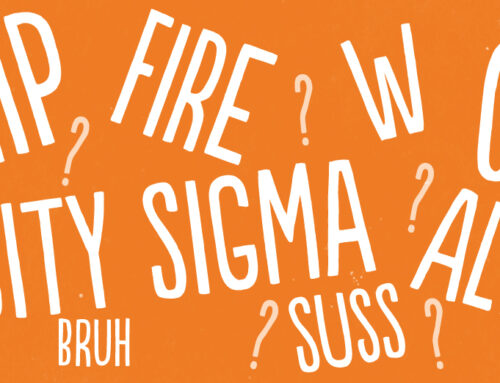
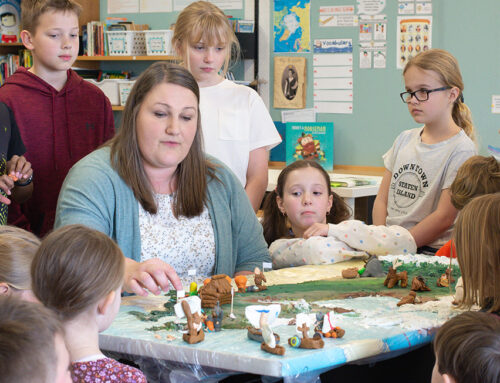
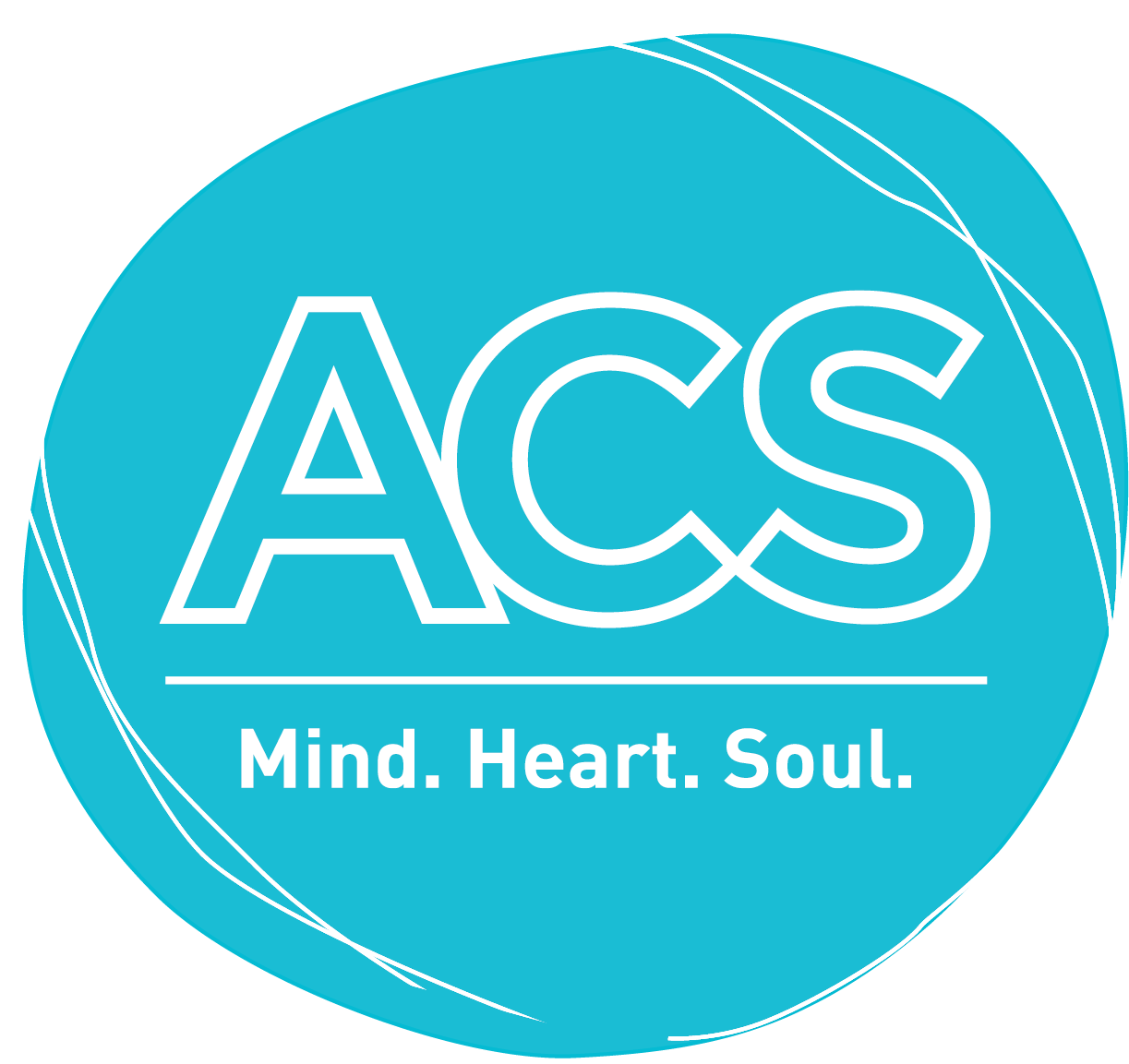
WHAT DO YOU THINK?